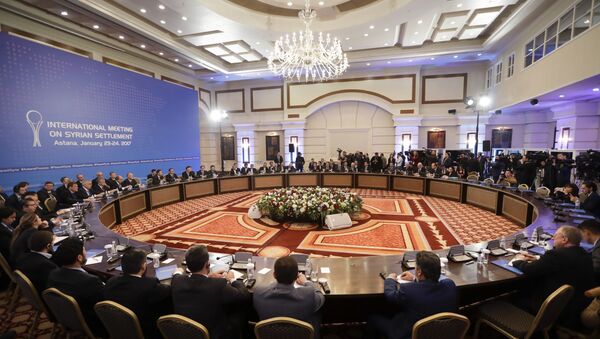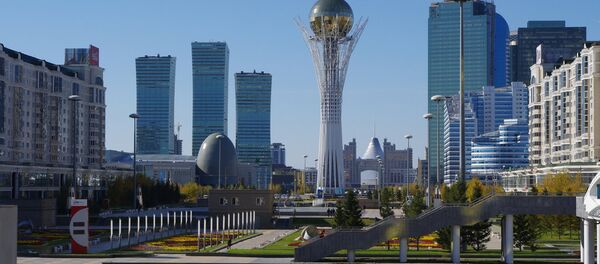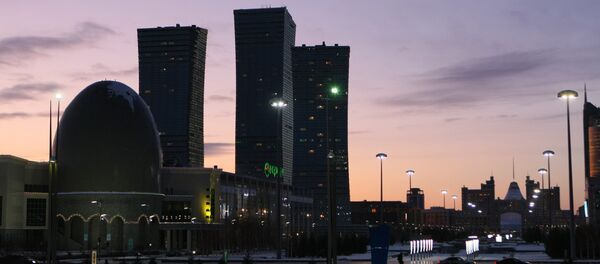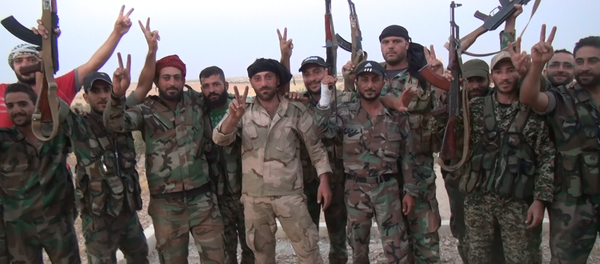Here's what you need to know about the meeting.
Astana vs Geneva
On December 29, Russian President Vladimir Putin announced that Damascus and several key radical groups reached a ceasefire deal and agreed to hold a round of talks in Astana, the capital of Kazakhstan. Until recently, the negotiations on Syria have mainly taken place in Switzerland, with the next round of Geneva talks expected to take place on February 8.
As a result the Astana talks will focus primarily on military issues. The ways of enhancing the fragile ceasefire regime are expected to be the main issue on the agenda. These agreements, if reached, will pave the way for a political settlement of the Syrian crisis.
In addition, representatives of Damascus and the armed opposition are rumored to be willing to meet face to face. In Geneva, the talks on resolving the Syrian conflict were primarily indirect, with the UN representative shuttling between the parties.
The Astana talks "are a major step toward resolving the Syrian crisis," Russian analyst and former diplomat Vyacheslav Matuzov told RT. "The fact that armed groups have arrived [to take part in the negotiations] shows that the first step has been made. In Geneva, the armed opposition refused to come to the negotiating table and [interacted with the delegation from Damascus] through mediators."
24 Hours
The talks in Astana are scheduled to begin at 7 a.m. GMT and will wrap up in 24 hours. Representatives of both sides have arrived in Kazakhstan last week and have already held preliminary talks with diplomats from Russia, Turkey and Iran. Moscow, Ankara and Tehran serve as guarantors of the latest ceasefire agreements.
Participants
The exact list of armed opposition groups participating in the consultations in Astana has not been unveiled yet, with some militias backing out of the talks. Representative of up to 15 rebel groups, including Jaysh al-Islam, Faylak al-Sham and Jaish al-Mujahideen are expected to come to the negotiating table. Representatives of Free Syrian Army (FSA) and High Negotiation Committee will also participate in the talks.
Mohammed Alloush, who is a former chief negotiator for the High Negotiation Committee, is said to lead the opposition delegation.
The United Nations special envoy for Syria Staffan de Mistura will also take part in the Astana talks.
What are chances of success?
"All parties understand that Astana is a milestone on the path to the Geneva peace process," Matuzov said, warning against calling the meeting a breakthrough. "However, the sheer fact that it is taking place is a positive development."
The political analyst described the Astana talks as a "preliminary phase" of a more broad-scale event. "In order to hold massive talks one has to understand whether they should be held under current conditions," he explained.
Demidenko further said that it is too early to hold talks in Geneva.
"The situation is extremely complex. It has become more complicated with every passing day. It is not clear with whom [Damascus] should negotiate. It is likely that the talks in Geneva will yield nothing," he said.
Never miss a story again — sign up to our Telegram channel and we'll keep you up to speed!





